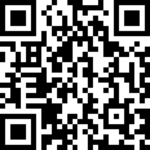
The Online Code Hunting Game is a game – designed by Alessandro Bogliolo of the University of Urbino – which enables you to take part in a real treasure hunt from home by simply interfacing with a messaging bot (the Treasure Hunt bot, developed by Lorenz Klopfenstein, Digit srl) through the Telegram messaging app, and consulting a handy online map.
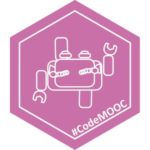
In particular, this treasure hunt has been developed in collaboration with the National Institute for Astrophysics (Inaf) along the theme of Astronomy around the world. A large number of pins on the map have been proposed by astronomers and astronomy enthusiasts from all over the world; many of their names are shown on this page, in the Acknowledgements section. Several institutions have become partners of this project which is constantly evolving, as anyone can propose new pins by filling out this form.
While playing, you will virtually move all over the world hunting for particularly significant places for Astronomy, in the past, present and future. You will therefore get to know observatories, telescopes, museums, planetaria, space missions, and many key figures of astrophysical research. In order to get access to the various places where the treasure hunt will unfold, you will have to solve coding puzzles.
This online treasure hunt is a powerful educational tool that combines scientific dissemination, computational thinking and digital skills. You can play in a competitive or collaborative way, either on your own or in a group, to have fun with coding and astronomy. Enjoy!
Requirements
Here are the requirements to play:
- a smartphone
- a Telegram account
- data connection
- a QR code scanner (in fact, this is not mandatory: you could also click on the QR Code in order to obtain the same effect)
Joining the match
In order to play, you must scan the following QR Code:
This will automatically launch the Treasure Hunt bot on your device, allowing you to join the match via Telegram.
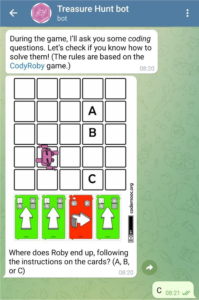 First of all, the bot will ask you a simple introductory puzzle to check if you are ready for the game. The puzzle is based upon the rules of Cody Roby (a do-it-yourself card game). You will see a robot – Roby – on a 5×5 chessboard, and you will have to indicate the patch where the robot arrives if it follows the instructions indicated by yellow, green and red cards. These are the movements you can do:
First of all, the bot will ask you a simple introductory puzzle to check if you are ready for the game. The puzzle is based upon the rules of Cody Roby (a do-it-yourself card game). You will see a robot – Roby – on a 5×5 chessboard, and you will have to indicate the patch where the robot arrives if it follows the instructions indicated by yellow, green and red cards. These are the movements you can do:
- turn left (yellow card, also denoted by L, which means turning 90 degrees counterclockwise),
- move forward (green card, also denoted by letter F, which means moving into the box in front of you),
- turn right (red card, also denoted by R, which means turning 90 degrees clockwise).
Then, the Treasure Hunt bot will ask you:
- a name for the team;
- the number of participants in the team (leader included);
- a profile picture for the team.
How to play
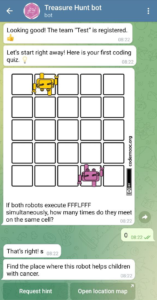 The Treasure Hunt bot will ask you to look for 8 important places for Astronomy. Each place will be suggested by the bot itself, on the basis of a clue. The clue will only arrive after solving a coding puzzle based on the rules of Cody Roby (in case of a mistake, you will have to wait 30 seconds before answering again).
The Treasure Hunt bot will ask you to look for 8 important places for Astronomy. Each place will be suggested by the bot itself, on the basis of a clue. The clue will only arrive after solving a coding puzzle based on the rules of Cody Roby (in case of a mistake, you will have to wait 30 seconds before answering again).
Remember that you can search online (using Google, Wikipedia, etc.) for additional clues to find the correct place on the map. If you think you have found it, click on the pin and follow the QR Code (either with a scan, or a click). You can ask for an extra hint, if needed, through the “Request hint” button. By clicking on “Open location map”, the map will also open on the device you are playing from.
If the selected place is correct, you’ll be facing another puzzle and another clue. By the end of the 8-step quest, you should have solved the final puzzle (be careful what the Treasure Hunt bot tells you).
The map
This is the map. You can display it in full screen on your device by clicking the symbol under the zoom buttons, top left. By clicking on the symbol at the top right, you can change the type of map displayed. In case you do not have this page open on the desktop, do not worry: the bot will also give you the link to an online map, where you can find each destination.
The map is available in several languages: Italiano – English – Français – Deutsch – Español (lugares en España) – Català (ubicacions a Catalunya)
What you win
In the end, directly in the Telegram chat, you will receive the certificate of the Online Code Hunting Game – signed by the INAF President, Marco Tavani, and by Alessandro Bogliolo, coordinator of the Europe Code Week – with the name of the team, the selfie and the time taken to complete the treasure hunt. This time is considered well spent, and its social value will be recognized through the issue of a Wom (Worth One Minute), a digital voucher planned to recognize the value of the actions which have a positive impact on society. The Woms can be collected by scanning the QR you will receive on Telegram with the app Wom Pocket.
Credits
The development of the Code Hunting Game has been financed by the Society Consortium, through the European Funds Society Next GA #954949 and Society Rinascimento GA #101036092,as well as Prin-Div FO 1.05.01.85.23. In Inaf, a group of people worked for the realization of the Code Hunting Game, such as Giuliana Giobbi, Marco Malaspina, Claudia Mignone and Maura Sandri, who coordinates the working group play.coding (inside which we thank Laura Leonardi, Maria Teresa Fulco, Rachele Toniolo, Rino Bandiera, Silvia Casu, Ginevra Trinchieri, Stefania Varano, and Fabrizio Villa for their support). The Treasure Hunt bot was developed by Lorenz Klopfenstein of Digit srl. The supervisor and inventor of the game is Alessandro Bogliolo, from the University of Urbino.
Acknowledgements
We are most grateful to all of you who have proposed astronomical pins from around the world!
Special thanks to: Communication & Outreach Team – Institute of Space Sciences (ICE-CSIC), Aleksandar Shulevski, Alexei Pace, Ana Montaner & Rosa Rodríguez, Anna Chrysostomou, Anna Losiak, Anyelina Ortiz Muñoz, Arvind Ramessur, Aslı Pınar Tan, Astra Van Den Beld, Athena Community Office, Barbara Rovšek, Beatriz Garcia, Beatriz Salas Vegue, Carolina Montenegro, Caterina Boccato, Cyril Deicha, Dana Donoso, Dunja Fabjan, Elisa Maria Alessi, Erik Persson, Fabio Noviello, Facson Vargas, Giuliana Giobbi, Hannah Dalgleish, Hao, Hitoshi Yamaoka, Ichsan Ibrahim, Jan Devlin, Joern Wilms, John Pressly, José A. Caballero, Jose Felix Rojas, Julie Nekola Nováková, Katja Bricman, Kim McLeod, Linn Boldt-Christmas, Lucinda Offer and Sian Prosser, Lucy Evans, Marco Buttu, Maria Alexandra Pais, Marina Manganaro, Mario Campos Duque, Marta Seror García, Matt Woods, Miguel, Nadeem Oozeer, Naiara, Noorali Jiwaji, Reza AmirArjomand, Rino Bandiera, Ruth-Sophie Taubner, Samir Dhurde, Sara Cazzoli, Sinan Alis, Sinéad Mackle, Stanislav Kaniansky, Suleyman Fisek, Taj Jankovič, Tan Jyh Harng, University of Cantabria, Verónica Espinoza, Veronica Montenegro
Partners
We wish to thank our partner organisations who supported this initiative:
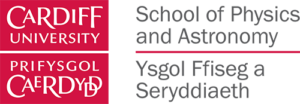 |
 |
 |
 |
 |
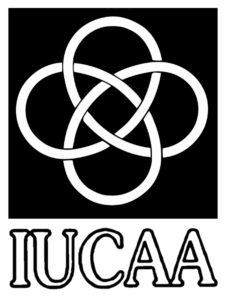 |
 |
 |
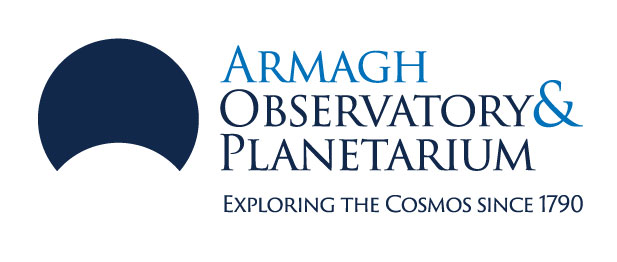 |
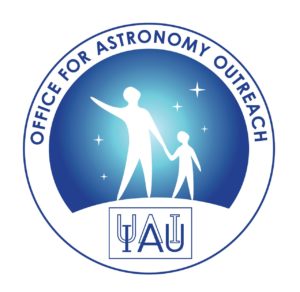 |

